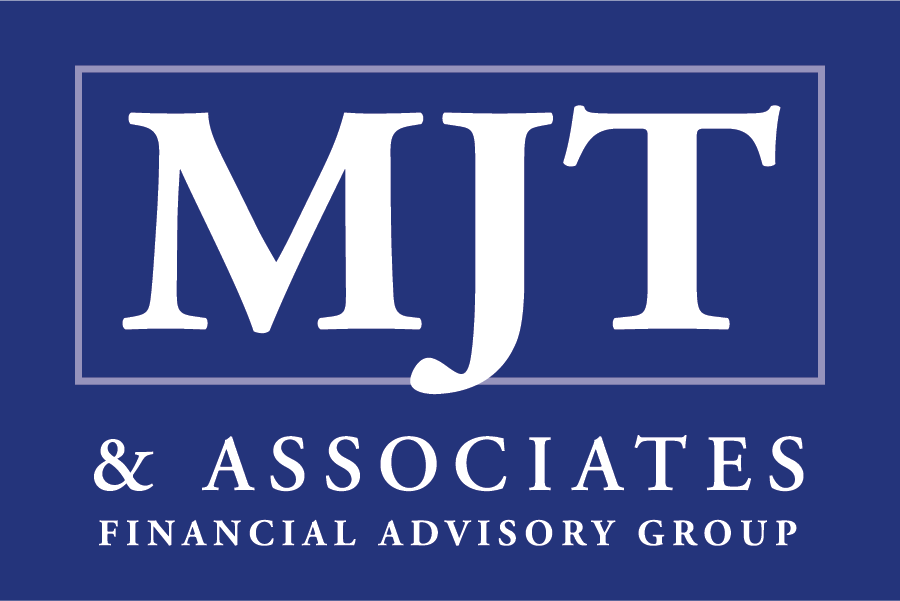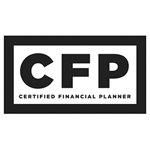Are you dreaming of a worry-free retirement? Achieving financial security in your golden years requires careful planning and smart decision-making. In this article, we will share five essential tips to help you navigate the complex world of retirement planning and build a solid foundation for a secure financial future.
- Knowing your retirement goals is crucial. Take time to reflect on your desired lifestyle, whether it's traveling the world or spending more time with loved ones.
- Start saving early. The power of compound interest can work wonders in growing your retirement fund, so don't delay.
- Diversify your investments. A well-balanced portfolio can protect your savings against market fluctuations. Don't put all your eggs in one basket.
- Consider seeking professional advice. A financial advisor can provide guidance tailored to your unique circumstances and help you make informed decisions.
- Regularly review and adjust your retirement plan. Life is unpredictable, and your financial needs may change over time.
By following these five essential tips, you can embark on your retirement journey with confidence, knowing that you have taken steps to secure a prosperous financial future. So let's get started!
Why retirement planning is important
Retirement planning is crucial because it allows you to maintain your desired standard of living even after you stop working. Without proper planning, you may find yourself struggling to make ends meet or being unable to enjoy the activities you've always dreamed of during your retirement years. By starting early and making strategic financial decisions, you can ensure a comfortable and fulfilling retirement.
Assessing your current financial situation
Before you can effectively plan for retirement, it's essential to assess your current financial situation. Take stock of your assets, including savings accounts, investments, and real estate. Determine your total debt, including mortgages, loans, and credit card balances. Consider your current income and expenses, as well as any other financial obligations you may have.
Setting retirement goals
Knowing your retirement goals is crucial for effective planning. Take time to reflect on your desired lifestyle during retirement. Do you envision traveling the world or spending more time with loved ones? Consider the activities and experiences you want to enjoy and estimate the associated costs. Understanding your retirement goals will help you determine how much money you need to save and how long you have to achieve those goals.
Creating a retirement savings plan
Once you have a clear understanding of your financial situation and retirement goals, it's time to create a retirement savings plan. Start by setting a target retirement age and estimating how many years you have until that point. Consider how much money you will need each year during retirement and factor in inflation. With these numbers in mind, calculate how much you need to save annually to reach your retirement goals.
Investing for retirement
While saving money is important, investing can help your savings grow significantly over time. Diversify your investments by spreading your money across different asset classes, such as stocks, bonds, and real estate. A well-balanced portfolio can protect your savings against market fluctuations and increase your chances of achieving higher returns. Consult with a financial advisor to determine the best investment strategy based on your risk tolerance and financial goals.
Maximizing retirement account contributions
Take advantage of retirement accounts such as 401(k)s, IRAs, and Roth IRAs to maximize your retirement savings. These accounts offer tax advantages and allow your investments to grow tax-free or tax-deferred. Contribute as much as you can afford to these accounts and take advantage of any employer matching contributions. Remember, the earlier you start contributing, the more time your investments will have to grow.
Considering other sources of income
In addition to retirement accounts, consider other potential sources of income during retirement. This may include Social Security benefits, pensions, or rental income from investment properties. Take time to research and understand the eligibility requirements, benefits, and potential risks associated with these income sources. Having multiple streams of income can provide added financial security during retirement.
Evaluating retirement healthcare options
As you plan for retirement, it's crucial to consider healthcare costs. Medicare is available for individuals aged 65 and older, but it may not cover all medical expenses. Research supplemental insurance options to help cover the gaps in Medicare coverage. Evaluate long-term care insurance, as it can protect your savings in the event you require extended care services in the future.
Reviewing and adjusting your retirement plan
Regularly review and adjust your retirement plan. Life is unpredictable, and your financial needs may change over time. Revisit your retirement goals periodically and assess whether you are on track to achieve them. If necessary, make adjustments to your savings contributions, investment strategy, or retirement age. Consulting with a financial advisor can provide valuable guidance and ensure your retirement plan remains aligned with your evolving circumstances.
Conclusion
By following these five essential tips, you can embark on your retirement journey with confidence, knowing that you have taken steps to secure a prosperous financial future. Remember to start early, diversify your investments, seek professional advice, and regularly review and adjust your retirement plan. With careful planning and smart decision-making, you can enjoy a worry-free retirement and fulfill your dreams. So let's get started!











